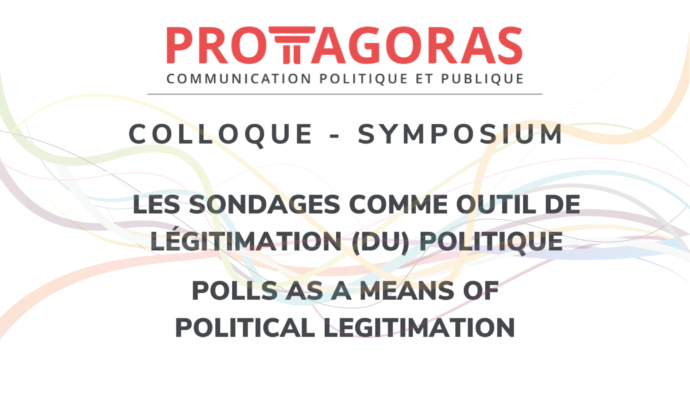The Symposium will hold presentations in French and English.
Deeply political, both in their production and their effects, polls provide a communication tool and a symbolic device on which candidates, political parties, politicians, and journalists rely to speak on behalf of the citizens. “Public opinion” harnessed through polls derives its performative force from a “scientific” measure: a percentage established by polls – allowing to perceive information as reliable and incontestable. As a commercial product (e.g., the methods used, their purpose) polls are often controversial. It is key to address the innate biases and blind spots of those who develop and exploit polls to feed a campaign strategy or justify a public stance.
While major polling failures speak for themselves, polls can be used to instrumentalise or even manipulate public opinion. The legitimacy of polls is regularly questioned, raising suspicions (e.g., the financing of partially manipulated polls serving exclusively partisan political interests like the recent scandal of faked polls in Austria) and mistrust (e.g., the criticism of some editorial offices, such as the newspaper Ouest France, to the detriment of a genuine debate).
Today, the importance of opinion polls must be discussed in the context of an increasing “doxophrenia”, i.e., the obsessive need to quantify opinions, and an increasing mistrust (of citizens as well as political actors) towards opinion polls. The focus of this conference is thus on questions of legitimacy and legitimation as well as opinion polls as an instrument of political communication: polling expertise considered both as a method of forecasting and political framing.
The presentations and discussions will focus on two thematic areas:
- The reception of polls by actors in the media
- The instrumentalization of polls by political communication
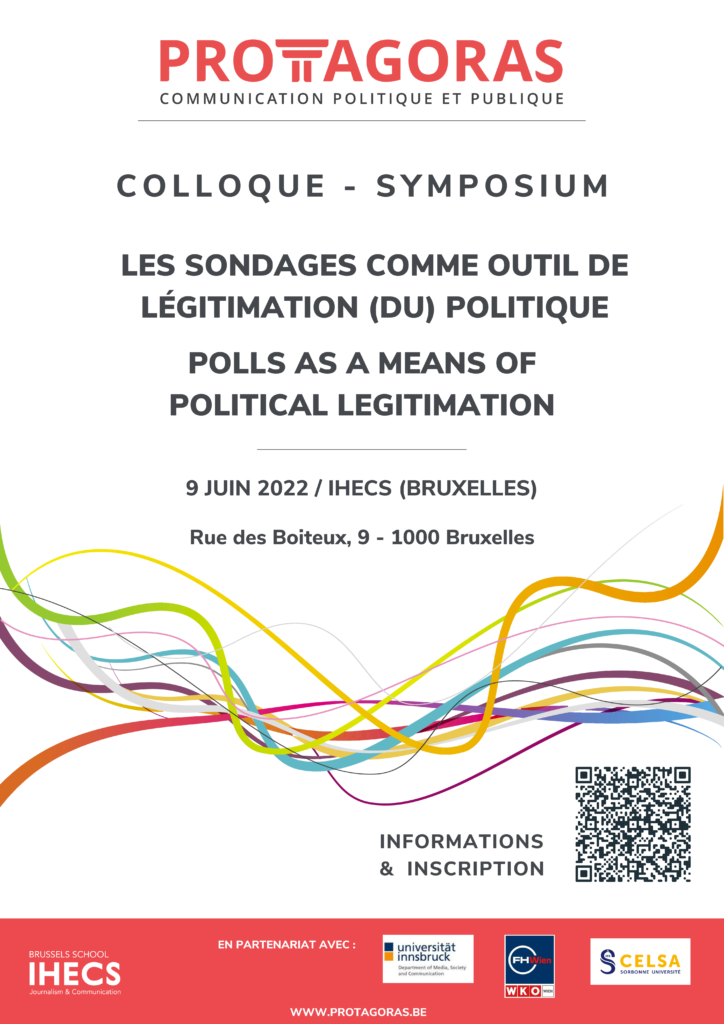
Programme
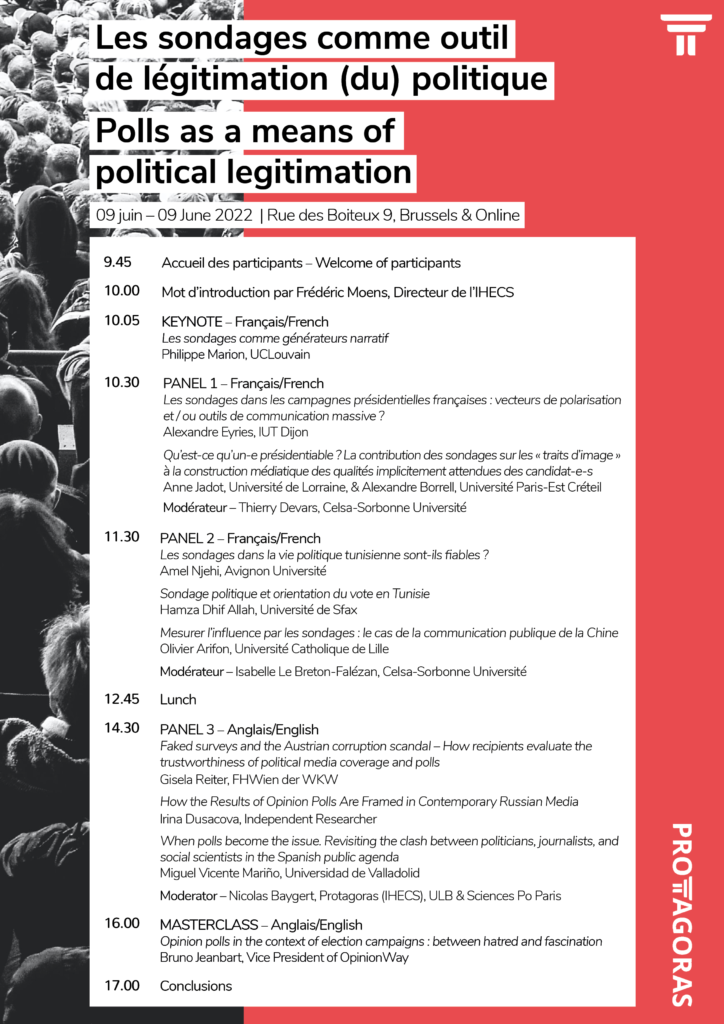
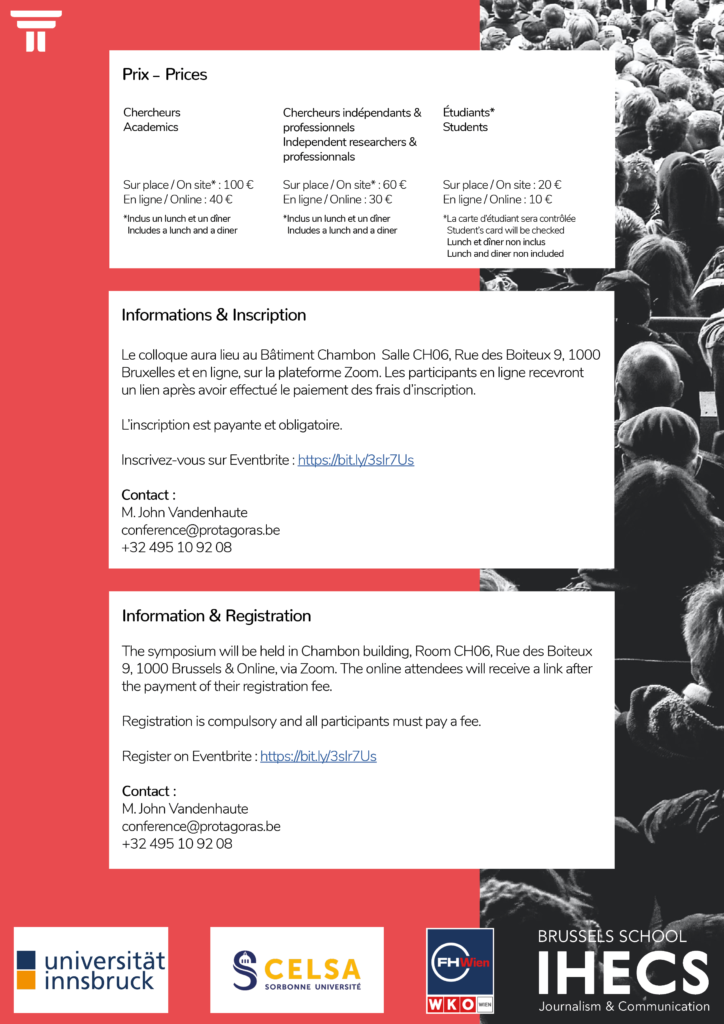
Registration
Click on this link to register through the dedicated Eventbrite page :
https://bit.ly/3sIr7Us
Partners
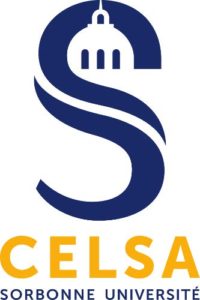
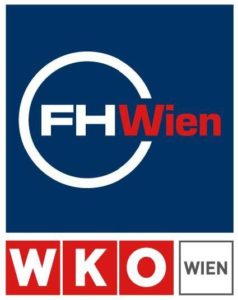
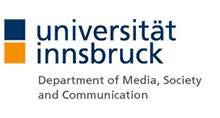
Organisation Committee
Nicolas Baygert
Docteur en sciences de l’information et de la communication (Université Paris IV-Sorbonne/UCL), Chargé de cours (IHECS, ULB, CELSA, Sciences Po Paris).
John Vandenhaute
Coordinateur des activités de recherche et développement, Protagoras.
Esther Durin
Docteure en Sciences du langage (UPV – Montpellier 3 / laboratoire Praxiling), Chargée de cours à l’IHECS.
Elise Le Moing – Maas
Professeur et Présidente de la section Relations publiques de l’IHECS, Protagoras et PREFics, Université Rennes 2.
Loïc Nicolas
Docteur en langues et lettres (ULB), collaborateur scientifique Protagoras, formateur IHECS/Institutions européennes.
Martim Gervais
Stagiaire, Protagoras.
Gisela Reiter
Teaching and Research Associate, FH Wien der WKW University of Applied Sciences for Management & Communication.
Thierry Devars
Maître de conférence, CELSA-Sorbonne Université.
Isabelle Le Breton-Falézan
Maître de conférence, CELSA-Sorbonne Université.
Uta Russmann
Professor of Media and Communication Studies, Department of Communication, Universität Innsbruck.
Scientific Committee
Nicolas BAYGERT – IHECS-Protagoras, Sciences Po (IEP Paris) & Université Libre de Bruxelles
Vincent CARLINO – Université catholique de l’Ouest (UCO), Nantes.
Lucie CHÂTEAU – Tilburg University.
François DEBRAS – Université de Liège (HELMO)
Thierry DEVARS – CELSA Sorbonne-University, (GRIPIC)
Esther DURIN – IHECS-Protagoras, Université Paul-Valéry (Praxiling)
Mohammed FAHMI – Université libre de Bruxelles (ULB)
Mehdi GHASSEMI – Université Catholique de Lille
Institut des Stratégies et Techniques de Communication (ISTC)
Isabelle LE BRETON FALEZAN – CELSA Sorbonne-University, (GRIPIC)
Élise LE MOING-MAAS – IHECS-Protagoras, Université Rennes 2 (PREFics)
Brieuc LITS – Université Saint-Louis – Bruxelles
Philippe MARION – Université Catholique de Louvain (ORM)
Loïc NICOLAS – IHECS-Protagoras Research Fellow
Uta RUßMANN – University of Innsbruck
John VANDENHAUTE – IHECS-Protagoras
